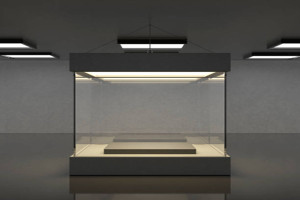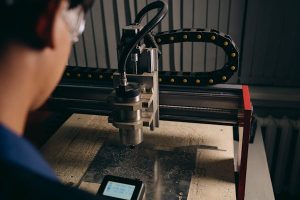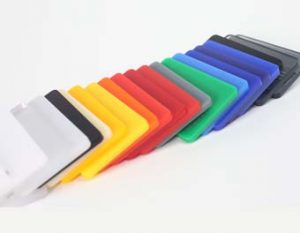When you think of plastic fabricators, what comes to mind? For many, the term might evoke images of factory machinery and mass production lines. However, plastic fabrication is an intricate craft, blending precision engineering with creative problem-solving. In this blog post, we’ll delve into what plastic fabricators do, highlighting the skills, tools, and processes involved, as well as the benefits of using a professional fabricator for your projects.
The Role of a Plastic Fabricator
A plastic fabricator specialises in creating custom plastic products and components from raw plastic materials. This involves various processes, including cutting, shaping, forming, and assembling plastic to meet specific design and functional requirements. The end products range from everyday items to complex industrial components, demonstrating the versatility and importance of plastic fabrication in various sectors.
Key Processes in Plastic Fabrication
- Cutting and Routing
- Laser Cutting: Laser technology offers precision and clean edges, ideal for intricate designs and detailed work.
- CNC Routing: Computer Numerical Control (CNC) routing allows for automated and highly accurate cutting and shaping, crucial for consistency in production.
- Thermoforming
- Vacuum Forming: This process involves heating plastic sheets until pliable, then draping them over a mould and using vacuum pressure to form the desired shape.
- Pressure Forming: Similar to vacuum forming but utilises additional pressure for more detailed and defined features.
- Fabrication and Assembly
- Bending: utilising heat to bend plastic sheets into specific angles and curves without compromising the material’s integrity.
- Bonding and Welding: Various techniques, including solvent welding and ultrasonic welding, are used to join plastic parts together seamlessly.
- Finishing and Polishing
- Flame Polishing: A method to smooth and clear the edges of plastic, enhancing its appearance and functionality.
- Buffing: Provides a high-gloss finish, making the final product visually appealing.
Skills and Expertise of a Plastic Fabricator
Plastic fabricators are skilled artisans and engineers. They must understand the properties of different plastics, such as acrylic, polycarbonate, and PVC, to choose the right material for each project. Their expertise extends to reading and interpreting technical drawings, working with advanced machinery, and applying precise craftsmanship to ensure every piece meets stringent quality standards.
Applications of Plastic Fabrication
The applications of plastic fabrication are vast, covering multiple industries:
- Retail: Custom displays, point-of-sale units, and signage.
- Medical: Equipment housings, protective barriers, and specialised components.
- Automotive: Prototype models, custom parts, and interior elements.
- Architectural: Skylights, interior design features, and bespoke installations.
Benefits of Using a Professional Plastic Fabricator
- Customisation: Professional fabricators can tailor products to exact specifications, ensuring they meet unique needs and preferences.
- Quality Assurance: Expert fabricators use high-grade materials and precise techniques, resulting in durable and reliable products.
- Efficiency: With access to advanced machinery and experienced personnel, professional fabricators can complete projects efficiently without compromising quality.
- Innovative Solutions: Skilled fabricators often provide innovative solutions to complex problems, offering design and functionality improvements.
Choosing the Right Plastic Fabricator
When selecting a plastic fabricator, consider their experience, portfolio, and the range of services they offer. A reputable fabricator like Denny Plastics combines decades of expertise with state-of-the-art technology, ensuring high-quality results for a diverse range of projects. In conclusion, plastic fabricators play a crucial role in transforming raw plastic materials into functional and aesthetically pleasing products. Their work is essential across various industries, providing customised solutions that meet specific needs. By understanding the processes and benefits of plastic fabrication, you can make informed decisions for your next project. Whether you’re looking for bespoke retail displays or specialised industrial components, partnering with an experienced plastic fabricator ensures the success and quality of your product.










